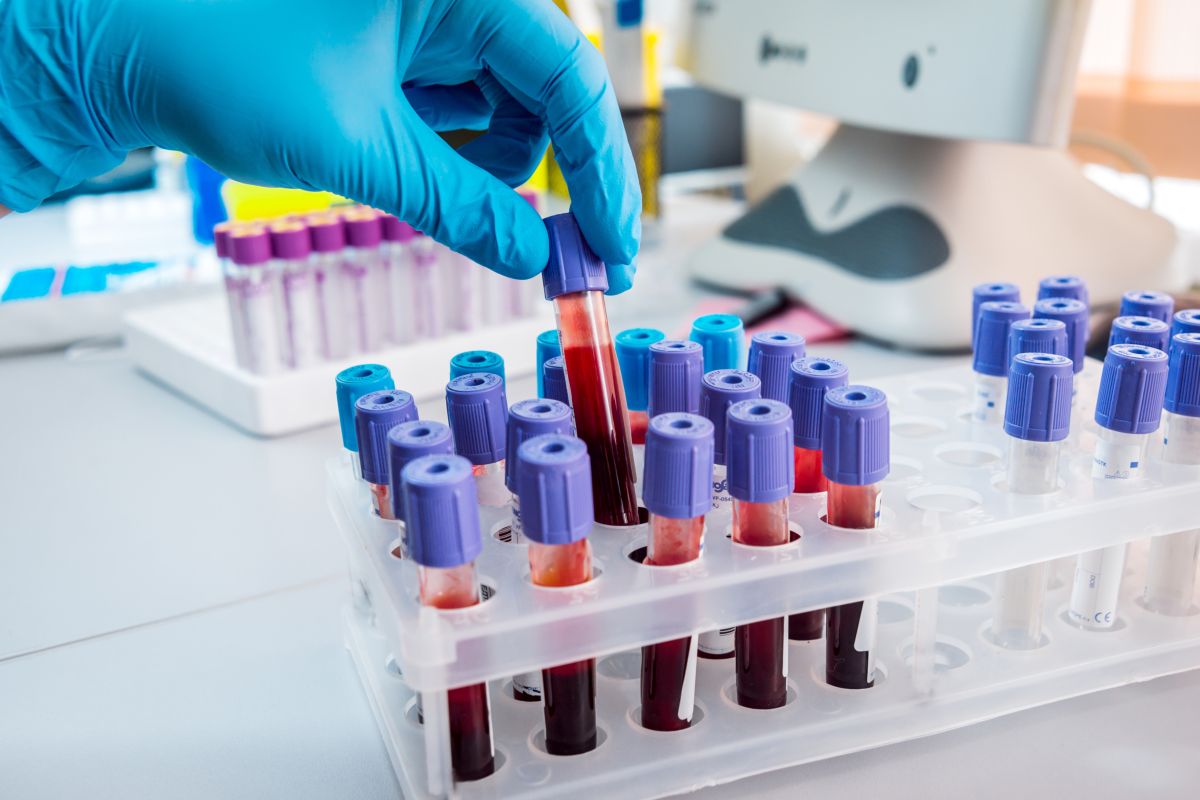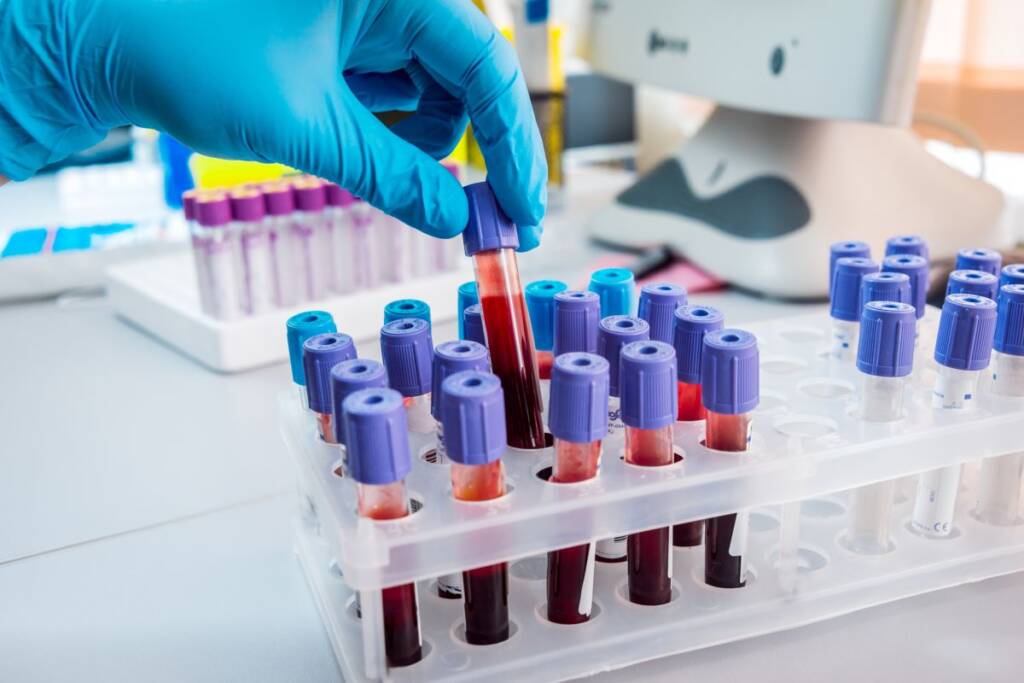Health
What is the blood group and why it is important

Blood group: what is it, what is its definition, why it is so important and what is the use of knowing compatibility.
We are made of flesh, bone and blood. This is also why it is important which type runs through our veins. In the human body, on average, 4 to 6 liters of blood flow, liquid tissue composed of plasma and corpuscular elements (red, white blood cells and platelets). Precisely these elements, and in particular the red blood cells , determine our belonging to a blood group rather than to another. But what is meant by blood group? Here's everything you need to know, why it matters and which groups are compatible.
What is a blood group: the definition
The blood group is nothing more than a classification of blood based on the presence or absence of inherited antigenic substances on the surface of red blood cells. These antigens are proteins and carbohydrates found on the membrane. There are more than thirty classifications of the blood group, all different. In Italy we usually use the AB0 system, which provides for the existence of four different blood groups: A, B, AB and 0.

The group is determined by the genes we inherit from our parents. If dad and mom have different blood types, we'll have a different blood group too. If they both have the same group, we too will inherit that group.
Of all these groups, the most common is blood group 0. About 40% of the earth's population belongs to this group, followed by group A and group B. Group AB is much rarer.
How are the four groups distinguished? Simple. In group A antigen A is present on the surface of red blood cells, antigen B in B, in zero there are no antigens but only anti-A and anti-B antibodies, while in AB both antigens are present but none type of antibodies. Each group in turn can then have a positive or negative Rh , depending on the presence or absence of the Rh D antigen.
What is the compatibility between blood groups
Why is it important to know your blood type? Because the immune system reacts to the presence of blood it does not recognize as its own by producing antibodies that can bind to the antigens, with results that may differ depending on the antigens and antibodies present in the blood. It is therefore essential information to avoid mistaking transfusions and organ transplants.
As far as compatibility is concerned, the scheme is simple: group A can receive from the same group and from group 0; group B can receive from the same group and from group 0; group AB can receive from group A, B, AB and from group 0; group 0 can only receive from group 0; a group with Rh positive can receive both Rh positive and negative; a group with Rh negative can only receive from Rh negative.
Riproduzione riservata © - WT











